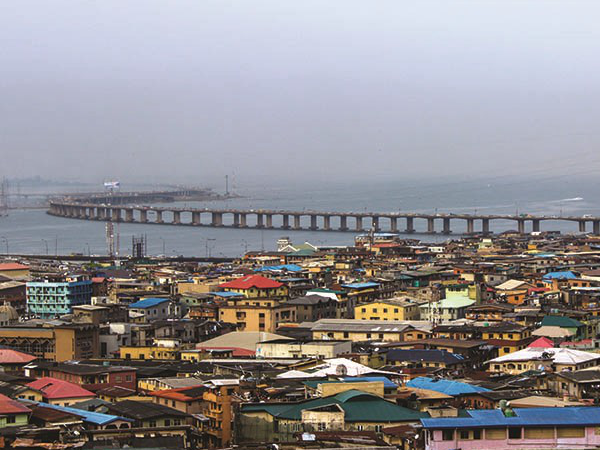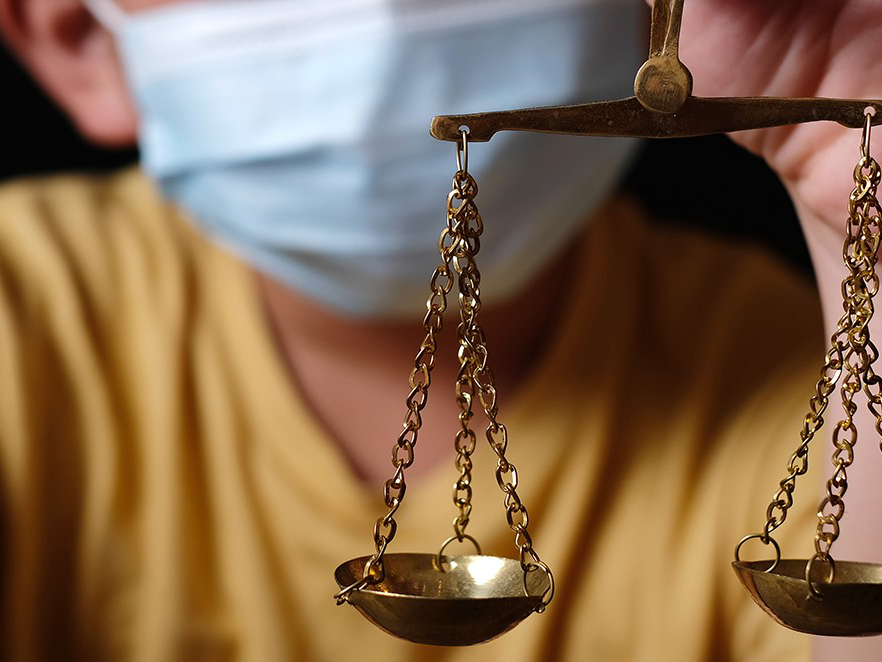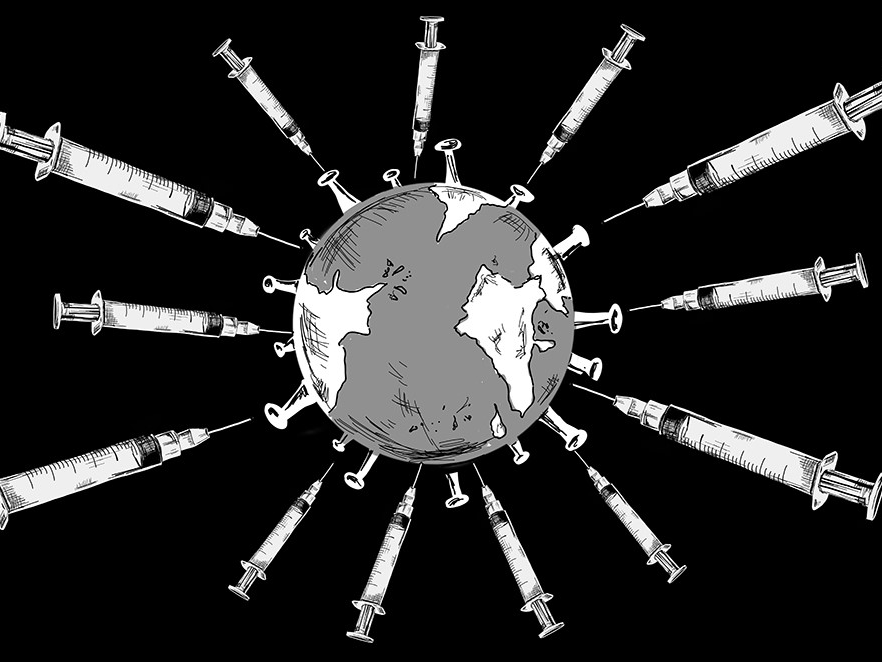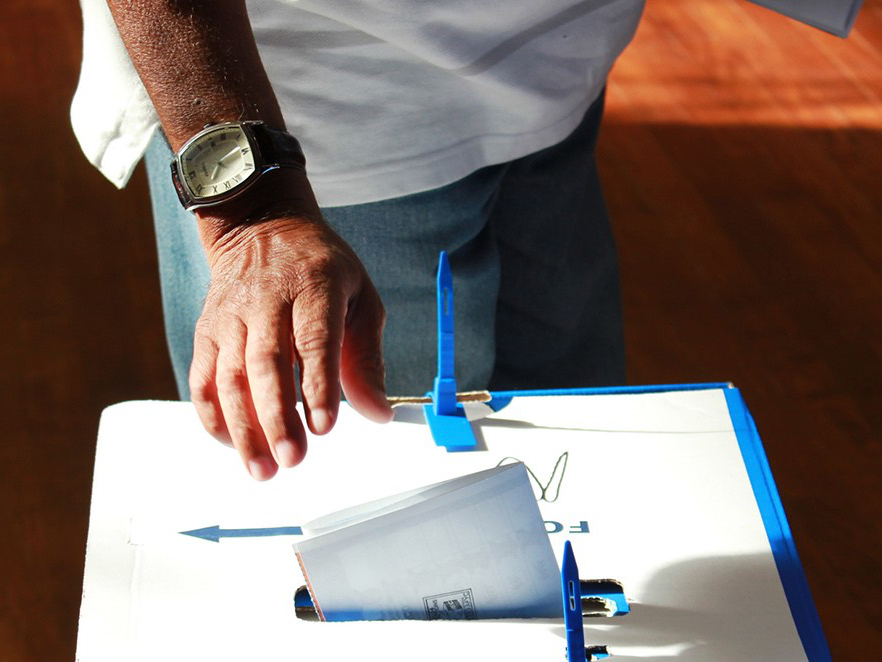As with other parts of Sub-Saharan Africa, West Africa is benefiting from the rebound in commodity prices. This differs by country dependent on levels of the broader macro rebalancing and structural reforms being undertaken to achieve sustained and accelerated growth. The focus is on Nigeria and Ghana which have both seen declining inflation, rising reserves and a return to trade surpluses. However, Ghana is set for more sustained and above average GDP growth given the appreciable progress made in fiscal consolidation and structural reforms, unless Nigeria can shift gears on its structural reform plans.
Nigeria: Fragile recovery from high oil price
There has been a tepid return to growth in Nigeria, the economic power house of West Africa, and indeed Africa as a whole, driven mainly by higher oil prices and stable oil production arising from the respite from the Niger Delta Militants disrupting oil production. Hence, the economic recovery has been fundamentally cyclical even though the Buhari administration has articulated laudable structural reforms as set out in their Economic Recovery and Growth Plans (EGRP) to diversify the economy for a sustainable GDP growth. 2018 GDP is forecast to grow at 2%, with Q1 2018 growth recorded at 1.9%; oil growth at 14% while non-oil growth at 0.76% was lower than in the previous quarter, with some key sectors notably trade, contracting in the quarter.
In part, the weak and fragile non-oil growth is attributed to the CBN’s restrictive monetary policies to curb inflation and stabilize the exchange rate to avoid imported inflation. This medicine is working: inflation has trended downwards from a peak of 18.9% for 16 consecutive months with the inflation rate of 11.61% in May 2018 now below the Monetary Policy Rate (MPR) of 14%. The stronger than expected FX flows from oil revenues, as well as successful Eurobond issuance ($2.5bn) this year has led to a rapid growth in FX reserves which are now at a 5-year high of $50bn as of May 31; increasing import cover from 7 months, to over 15. The Naira has been stable since the introduction of the Investors and Exporters Window to allow for a market determined transparent exchange rate mechanism in April 2017. Total FX traded in the window from inception to March is c. $38bn vs. $15bn supplied by the CBN in the same period. CBN was the sole supplier during the liquidity crisis. The improvement in FX liquidity is also exemplified by international airlines no longer having trapped cash as is still being experienced in Angola and Venezuela. We are seeing a trickle down to both consumer and business confidence; for example, the appetite of retailers to expand their footprint is growing and thus the lease up rate for both existing malls, like our Jabi Lake Mall in Abuja, and new projects is improving.
Despite the progress, the CBN is not expected to change its policy stance and thus unlikely to lower the MPR, due to the inflationary risks from rising spending ahead of the election nor will the CBN support a lower interest rate regime to boost growth. The high interest rate regime supports the Naira and mitigates the risks of substantial reversals of portfolio flows, particularly as the US is set to continue to increase interest rates putting pressure on emerging markets in general.
The stock index has given up all its gains to May from profit taking from investors looking to exit ahead of the elections, but the outlook remains positive given stronger growth prospects from increased government spending, and an expected increase in minimum wage. The upcoming listing of MTN Nigeria is a major capital event expected to reopen the closed IPO market.
The EGRP outlines structural reform to diversify the Nigerian economy away from oil and attain sustainable GDP growth. Key underpinnings are the deepening of the tax base from 6% of GDP to 15% of GDP by 2020, boosting non-oil exports via tax and other incentives; investment in infrastructure to reduce the cost of doing business and encouraging import substitution where Nigeria has competitive advantage, e.g. refining of petroleum products by the Dangote Group, who is building a US$12bn single train refinery, the largest in the world, that is set to commence production in late 2019. On the policy front, EGRP recognises the need for key reforms to attract FDI into key sectors including a single market determined exchange rate, cost reflective tariffs in the power sector, restructuring of the oil sector, including deregulation of the downstream sector of oil and subsidy removals.
Three years into his tenor, Buhari has made little progress in implementing the core policy/plans in the EGRP and unlikely much will be accomplished in the balance of his term as the upcoming February 2019 elections is already a major distraction and there is unwillingness to execute policies that may introduce hardship to the populace and push inflation higher in the short term. The outcome of the 2019 elections is uncertain. The popularity of the incumbent government has waned for not yet delivering on the mandate of job creation given high unemployment, estimated at 21.5% by the Nigeria Bureau of Statistics. Political tensions are heightened, made worse by the violence by rogue herdsmen and bandits in the North. President Buhari has signified his intention to seek re-election, in spite of speculation about his fitness. The coalition that brought him to power is tenuous and may not hold for the next elections. However, the opposition remains weak and fragmented. Thus, unless a formidable coalition is formed, the window for which is closing fast, the incumbent is likely to win re-election.
Ghana: Above average GDP growth driven by structural reform
GDP growth is forecast at 7% for 2018 and 2019 due to recovery of commodity prices; cocoa prices (25% of exports) and oil prices. The outlook for oil production growth is strong, albeit from a low base. The above average GDP growth is attributed to structural reforms and fiscal consolidation. The Nana Akufo Addo administration has been commended by the IMF for making significant progress of reducing the budget deficit from 9.3% of GDP to 5.2% of GDP via spending cuts in its first year and aim to further cut to 4.5% of GDP in 2018. A key risk to attaining this is the planned increase in spending to implement campaign promises to create employment and stimulate economic activity in the rural areas – via government funded jobs and investments. New programs include free secondary education. Thus, there is a focus on revenue enhancing measures via improved tax administration to finance these programs as well as invest in improvements to the infrastructure. To broaden the tax base, a new tax identification system has been launched with ongoing plans to adopt and leverage technology for improved collections of taxes and excise duties. The government’s approval rating is high given efforts to reduce the cost of doing business; including tax and tariff cuts, stable power supply with Ghana now set to be a net exporter of power.
Inflation continues to trend downwards and is 9.6% in April from over 25% in April 2016. With the policy rate at 17%, Ghana has high real interest rates, providing scope for a rate cutting cycle. This is broadly positive for supporting credit growth and ameliorating npls of 23%. The banking sector reform for the banks to increase their minimum capital requirement by over 200% will spur capital raises via FDI as well as a consolidation and will also spur credit growth.
Ghana is also back in trade surplus, from the strong commodity prices which together with portfolio flows and issuance of the US$2bn Eurobonds have bolstered FX reserves by over 50% since April 2016. In spite of the ability to better support the Cedi, it has depreciated 8% since April due largely to the strengthening of the USD.
As with Nigeria, there is a risk that a reversal for portfolio flows will put additional pressure on the Ghana Cedi, particularly as the value of the portfolio flows is higher than the FX reserves. Thus the challenge is for the government to sustain the structural reforms and fiscal consolidation to prevent a sell off.






